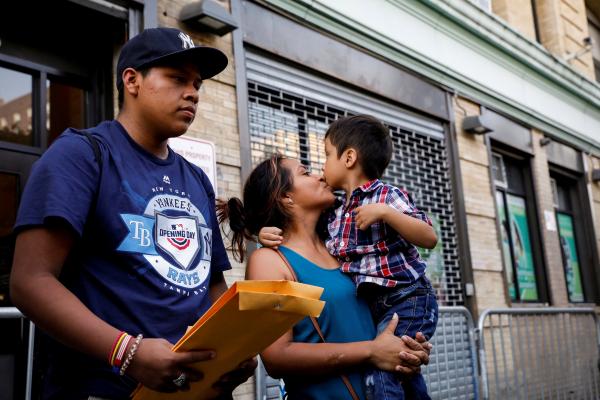Jul 14, 2018
On July 10, after examining how an initial wave of reunifications of young children had gone, Sabraw concluded that government vetting policies could be streamlined to speed the process.
Read the Full Article

Already a subscriber? Login
